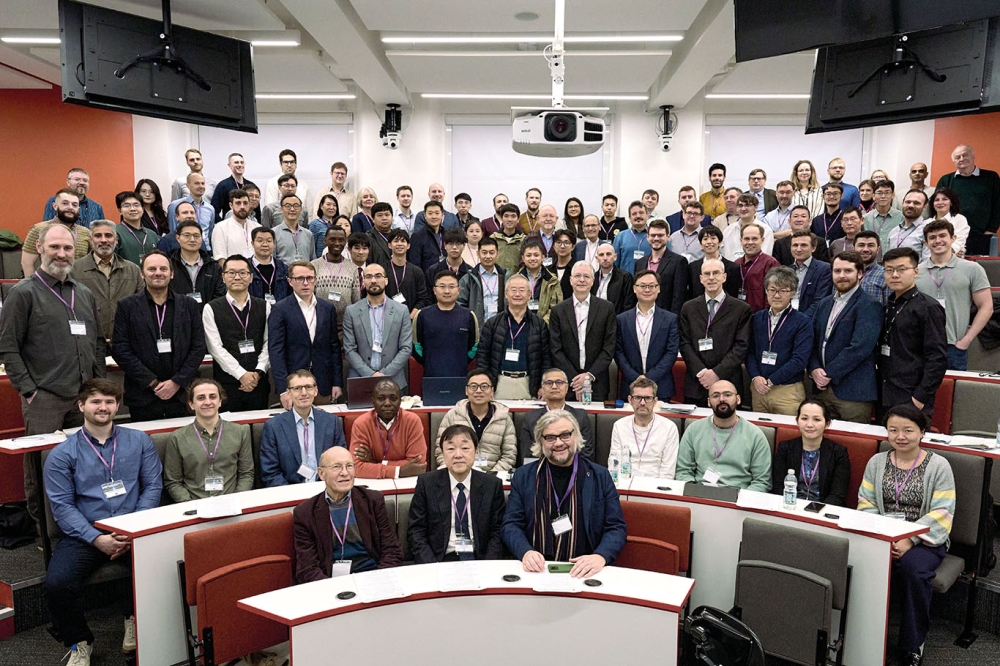Own goal for Filtronic as it halts GaAs expansion
UK GaAs foundry Filtronic has once again cut its expansion plans in the light of much weaker demand for switch products than it had expected.
After selling off its wireless infrastructure division to Powerwave in June 2006, the company had originally earmarked £45 million ($83 million at the time) for a huge capacity expansion at its Newton Aycliffe facility.
Just a couple of months later, that investment was scaled back to £15 million, and the company has now curtailed the expansion so that its total cost will be no more than £10 million.
Unfortunately, Filtronic had already ordered lots of chip manufacturing equipment that it does not now need, resulting in contract cancellation charges of £7 million.
Those unexpected charges had a marked effect on Filtronic s latest trading statement. For the six months up until November 30, 2006, the firm s compound semiconductor division enjoyed a strong increase in sales revenue to £15 million, compared with only £8.5 million for the same period of the previous year.
The division s underlying operating loss was also much improved - cut from nearly £5 million one year ago to just £1.5 million in the most recent six months. However, when the equipment cancellation charges were added, that operating loss swelled to £8.5 million.
Having wildly overestimated the future growth of its compound semiconductor division, Filtronic has also reduced the value of the business on its balance sheet by £80.4 million to only £38 million.
Although working hard to expand its customer base, Filtronic still appears to be heavily reliant on RF Micro Devices, which has significantly increased its own in-house production of PHEMT switches in recent months (see related story).
In what would appear to be a reference to its deal with RFMD, Filtronic s chairman John Poulter now says that the compound semiconductor division "expects demand to be lower than previously anticipated from its concentrated customer base".
For the six months ending May 31, 2007, added Poulter, the compound semiconductor division is not expected to show any revenue growth. "The Board remains clear that this is not an acceptable situation and will be pursuing further measures in the coming months," concluded the chairman.
• Filtronic s faltering finances are even posing problems for Bradford City FC, a football (that s soccer, for you US readers) team also based in the north of England.
Bradford City s chairman, Julian Rhodes, is the son of Filtronic s former CEO and founder David Rhodes, and the family has a lot of money tied up in the company s shares. Unfortunately for them and the Bradford fans, the Filtronic board of directors has decided to limit the return of cash to shareholders resulting from the Powerwave deal to only £10 million (Rhodes Snr owns 4.1 percent of the company, according to the Filtronic web site).
"After the reduction for the carrying value of the company s investment in Filtronic Compound Semiconductors, this is the level of return of cash that the board considers prudent within the limit of the company's distributable reserves," they said.
The shareholder cash will not be issued until March, however, which could put a big strain on the finances of the football club.































